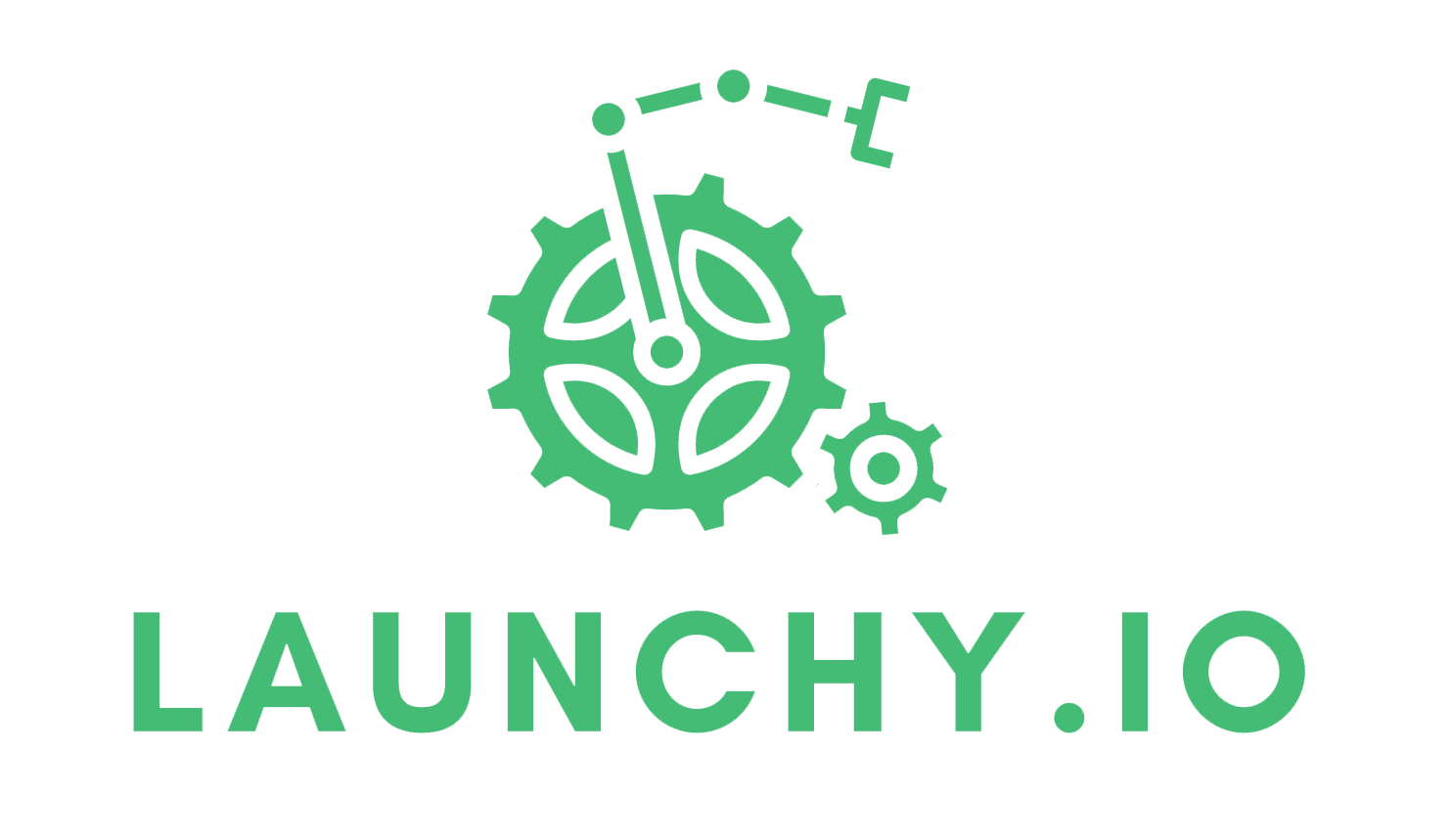Every year, the presence of automation and artificial intelligence (AI) grows within the healthcare industry. With technology growing from advanced natural language processing to more complex neural networks, more healthcare automation solutions are introduced along with new ways of thinking about artificial intelligence in the healthcare industry.
Improving efficiency, overcoming risk factors, increasing profitability, and ultimately improving patient care are generally seen as dream packages for healthcare providers.
Healthcare practices can carry these out effectively by investing in smart and innovative trends in healthcare automation.
By getting the right start, you can see revenue growth and also attract more patients. These automation solutions can potentially help you provide the best medical care by eliminating human errors and repetitions while reducing costs and enhancing the patient experience.
Even with the last few years being largely focused on the pandemic, healthcare leaders have viewed automation to be a necessity in the future and an integral part of changing the face of healthcare automation.
Robotic Process Automation (RPA)
In 2021, the global RPA market size reached USD 7.1 billion and is expected to increase from USD 10 billion in 2022 to USD 43.5 billion by 2029.
If these figures are any indication of where the healthcare industry is heading, then investments in RPA can no longer be considered to be a luxury; it’s now a necessity for survival. Many healthcare institutions are vying to become top healthcare providers and to do so, they’re heavily investing in upgrading workflows by automating processes and tasks that are rule-based.
With automation bots, healthcare practices can facilitate data manipulation, system calibration, storage, and process transactions. These innovations can minimise errors, save costs, and enhance outcomes, eliminating manual processes.
RPA helps automate tiresome, repetitive, and predictable tasks with processes that replicate human actions.
Intelligent Document Processing (IDP)
Intelligent Document Processing (IDP) or document understanding technology solves any document-centric challenges that may be encountered.
Healthcare institutions must be able to deliver accurate data in a faster way and automating processes using IDP is one of the best ways to achieve this.
The global IDP market size is expected to increase at a compound annual growth rate (CAGR) of 36% from 2022 to 2032. The growth is proof that automation efforts are becoming a popular investment and will continue to grow well into the future.
By combining RPA and AI, IDP accelerates and simplifies the automation efforts of providers which may result in IDP products being increasingly available in healthcare settings.
With many—if not all—healthcare institutions being heavily document-dependent the need for automation processes has become stark. IDP collaborates with AI to offer healthcare automation solutions that can make a significant impact on physician credentials, claims and billing, risk-scoring patients, patient intake, and practice outcome evaluation processes.
Intelligent Automation (IA)
Having a personal connection with patients and giving that personal attention to them is a vital component of the healthcare industry. Even so, by 2023, it’s expected that 20% of patients will encounter some type of IA within clinical and non-clinical processes.
Combining IA with IDP, RPA, and AI capabilities such as cognitive computing, machine learning, and Natural Language Processing is currently used in many areas within the healthcare industry.
As a specific type of IA, IDP is reshaping provider and payer operations to improve efficiency, reduce costs, and enable staff to concentrate on higher-value activities while creating a better experience for patients and boosting communication.
Healthcare providers are utilising IA in many ways, including improving the physician’s experience with Electronic Health Records (EHR) and the patient’s experience by adopting a mobile check-in option.
If we look to the past, AI has helped hospitals and other healthcare institutions during the pandemic from check-in to transferring results to multiple systems, consulting via online platforms, and more.
IA also predicts resource allocation requirements and can help with appointment management to make it much easier for healthcare professionals to focus on improving medical care.
Healthcare payers—such as health plan providers—are also keen to adopt IA as it helps them find and use unstructured data to reduce admin costs, improve compliance reporting, and speed up processing cycles.
Healthcare automation solutions for other areas
It’s no secret that automation is picking up speed and as a result, healthcare functions are much easier to execute. Aside from the aforementioned innovations that are taking shape and directing the future of healthcare automation, there are other areas that healthcare automation solutions can positively impact such as:
- Hospital management
- Provider management
- Care management
- Billing and claims management
- Customer service and call centres
- Patient communications, and more
The future of healthcare automation is continuously evolving. With the recent pandemic still prevalent in many parts of the world, the healthcare industry has been pushed to its limits. Innovation is needed today more than ever before and automation solutions can give healthcare providers the push they need to promote health and provide quality healthcare solutions.
By adopting an automation strategy that’s right for your healthcare practice, you have the potential to transform healthcare and make healthcare more accessible to everyone. Schedule a consultation with one of our automation experts today and find out how healthcare automation can help you evolve.

